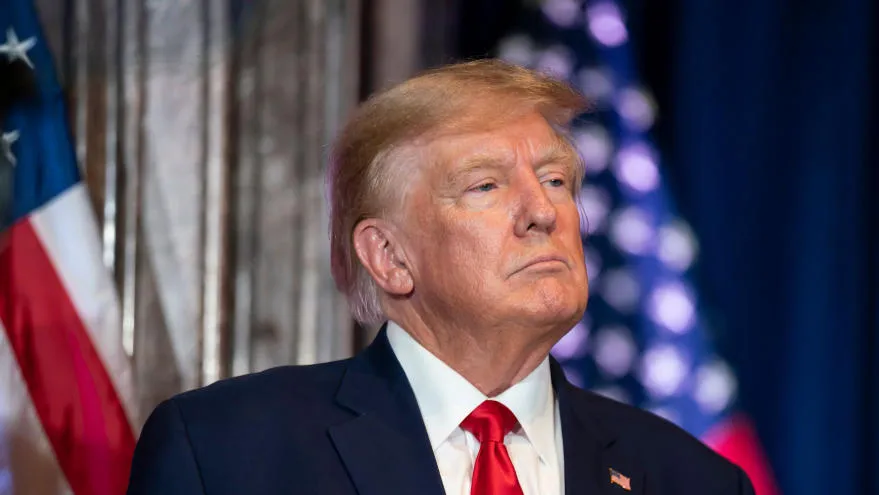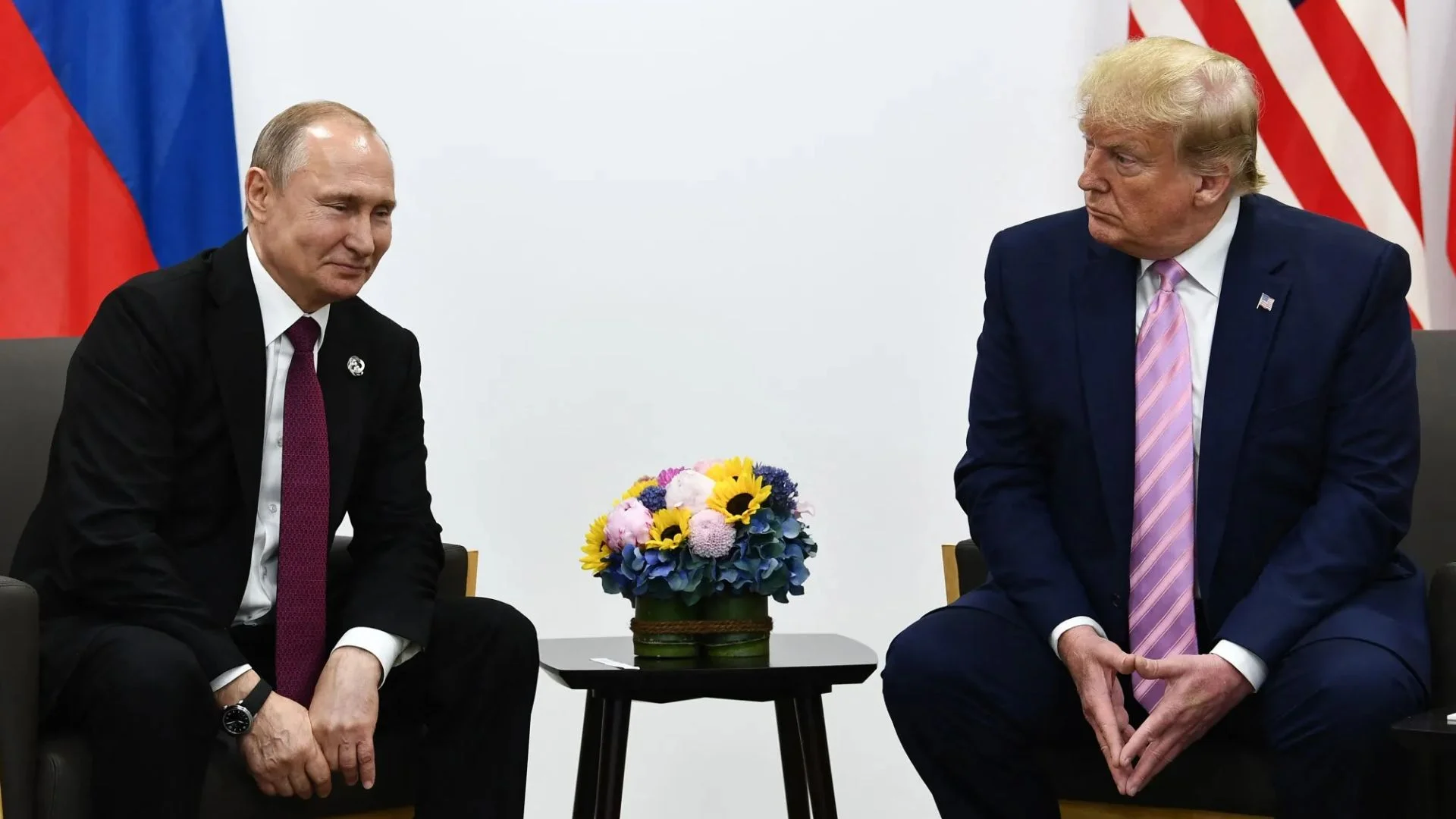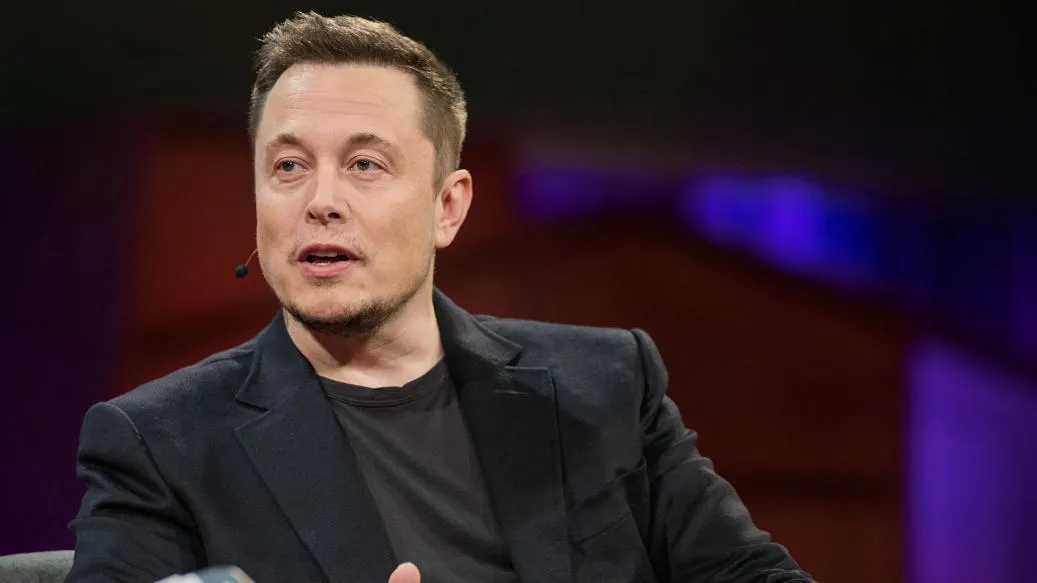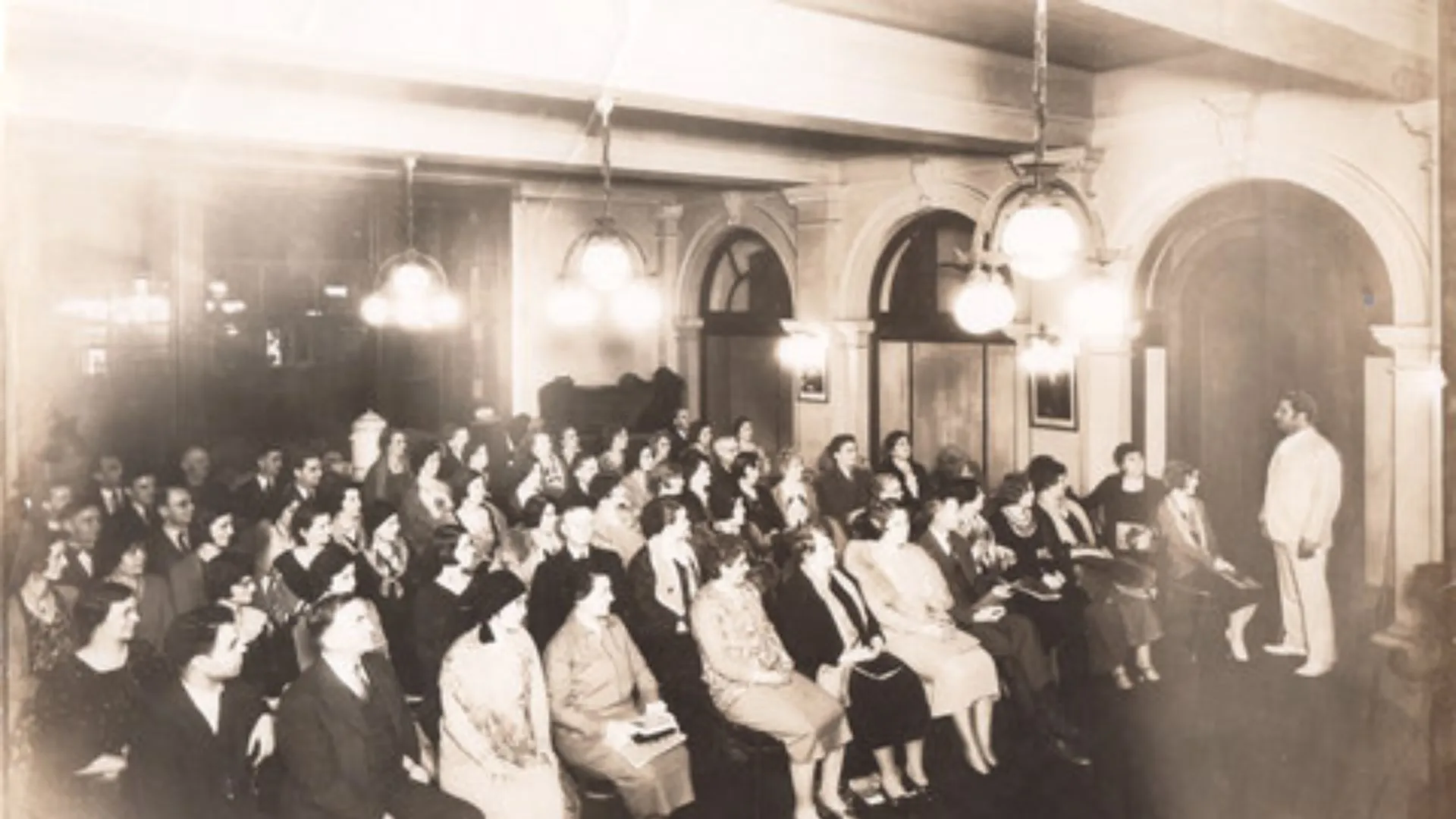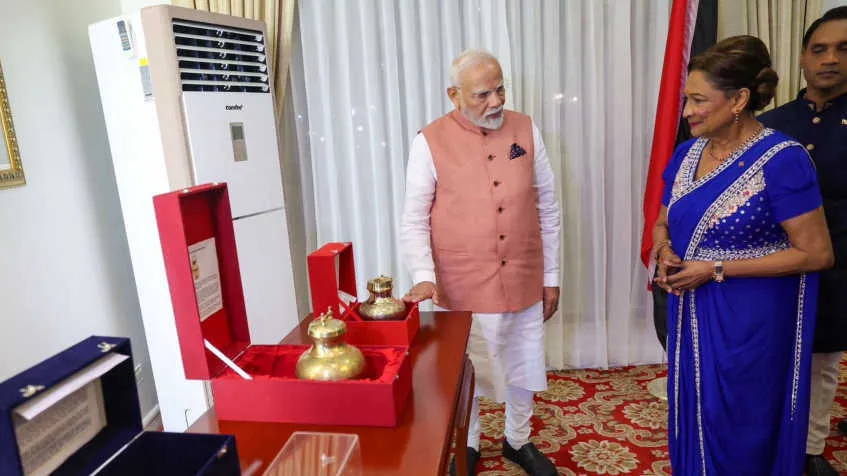The United States has recently held quiet, behind-the-scenes talks with Iran to explore a possible deal on its nuclear programme, according to reports. This development comes just days after the Israel-Iran conflict ended in a fragile truce. US President Donald Trump, with Qatar’s help, brokered the ceasefire.
During the conflict, the U.S. became directly involved by launching airstrikes on three key Iranian nuclear sites.
U.S. Offers Iran Economic Incentives
As part of these secret discussions, the United States has made several offers. According to CNN, the proposals include up to $30 billion in investment for a civilian nuclear programme, partial sanctions relief, and permission for Iran to access billions in frozen assets abroad.
However, the U.S. remains firm on its position. “Iran should not have any uranium enrichment capability,” an official stated. Despite the economic offers, the U.S. is not willing to compromise on that core condition.
Earlier Talks Faced Disruption
So far, the United States and Iran have held five rounds of negotiations about the nuclear programme. However, the recent Israeli offensive disrupted those discussions.
Even so, President Trump has said that talks could resume next week. At the same time, Iran has not yet confirmed whether it will take part in the next round.
Why Now?
The offer comes after five rounds of nuclear talks failed to produce results. These earlier efforts were disrupted by Israel’s airstrikes on Iranian nuclear sites, in which the U.S. also participated.
Despite the setback, Trump confirmed that talks may resume next week. However, Iran has not yet agreed to a new round.
A Diplomatic Gamble
Trump’s strategy includes what officials describe as “carrots”— attractive deals meant to encourage Iran to shift its approach. Much of the planning took place in a secret meeting between Trump’s Middle East envoy Steve Witkoff and U.S. partners in the Gulf region.
Key Proposals from the Gulf Meeting
From that meeting, several proposals took shape:
-
First, the U.S. offered $20–30 billion in investment for a non-enrichment civilian nuclear programme. According to officials, this funding would come from Gulf nations, not the U.S.
-
Second, the U.S. would ease some sanctions to make the offer more attractive. This could include unfreezing Iranian funds held abroad.
-
Third, U.S.-backed Gulf countries could help replace Iran’s Fordow nuclear site with a new facility built only for peaceful nuclear energy, with no uranium enrichment involved.
Earlier Proposal Allowed Limited Enrichment
Before the talks broke down, Witkoff had suggested a compromise proposal. At that time, Iran would have been allowed to carry out low-level uranium enrichment temporarily.
Later on, a coalition of Arab nations would supply Iran with low-enriched uranium for its civilian energy programme, removing the need for Iran to enrich uranium itself. However, the Israeli strikes ended that phase of negotiations.
What’s Next?
So far, only the U.S. has signaled readiness to continue talks. Iran has remained silent. As tensions ease for now, Washington hopes that money and diplomacy will succeed where pressure alone failed. Still, it remains unclear whether Iran is willing to give up enrichment — even for $30 billion.

